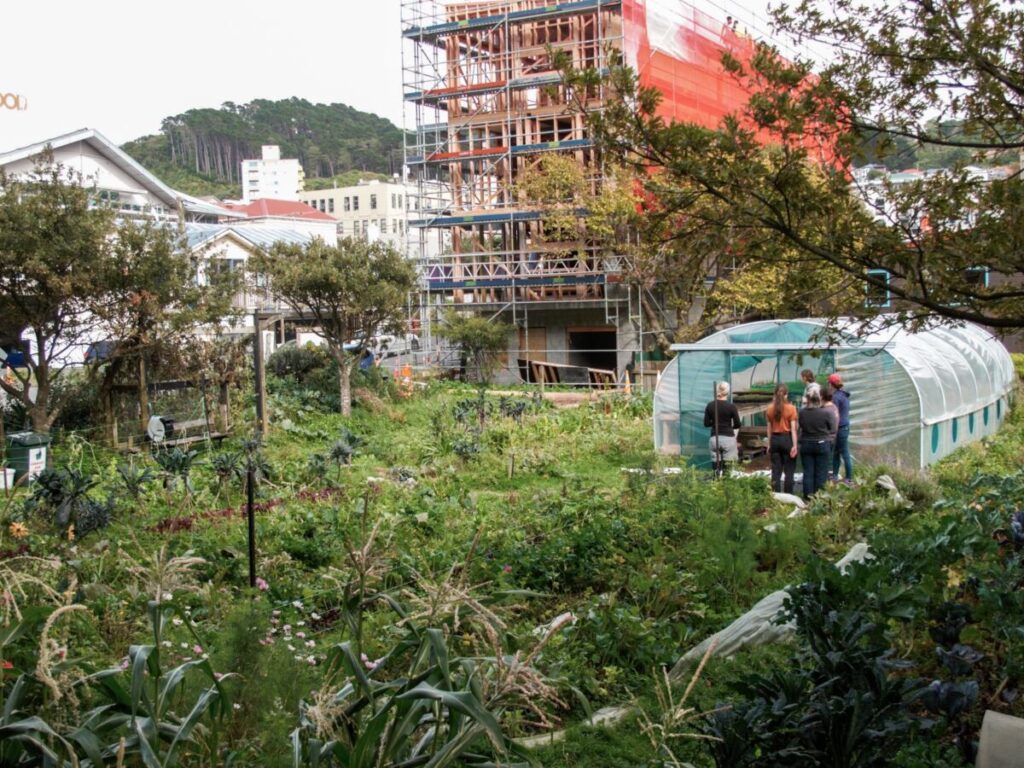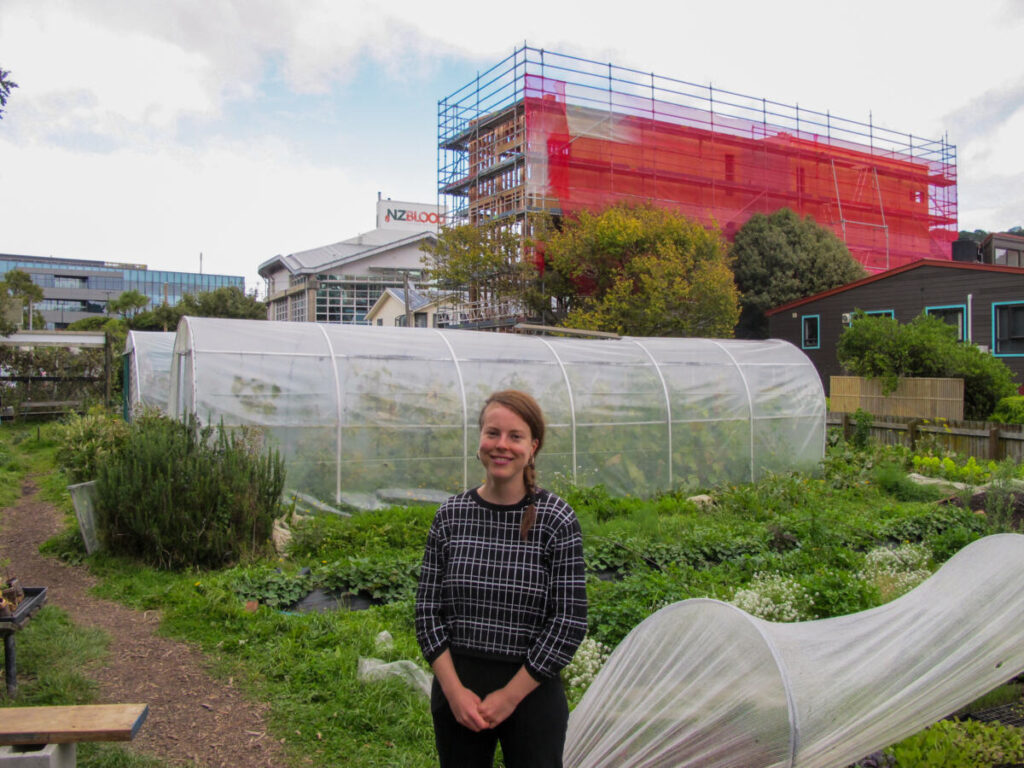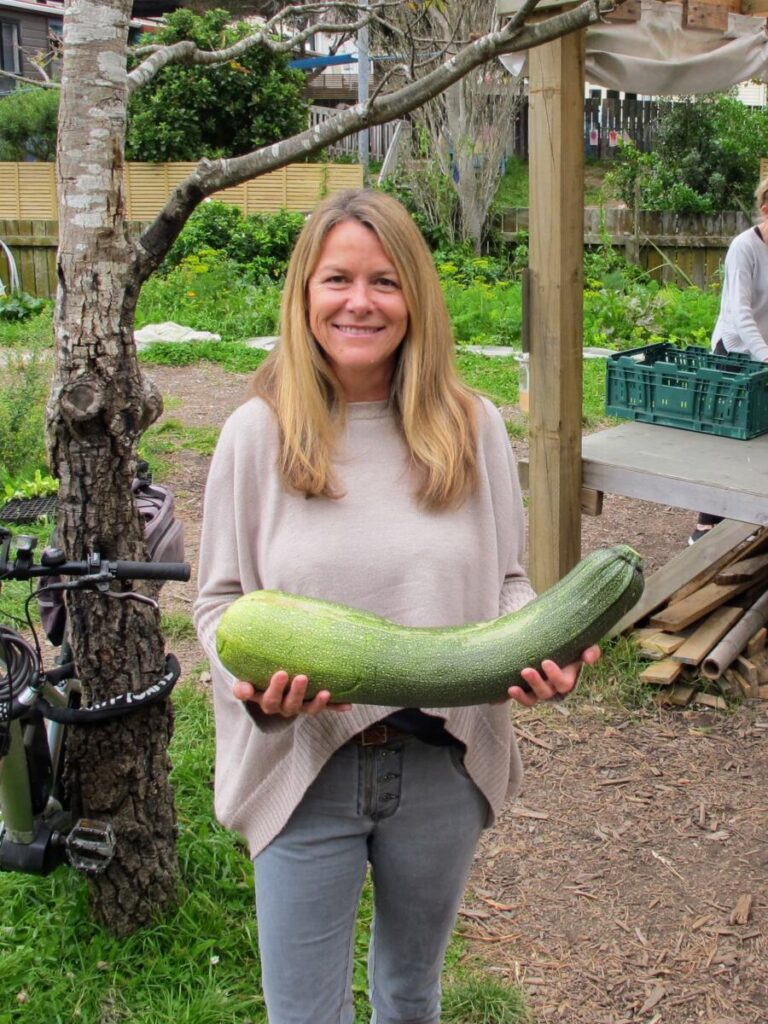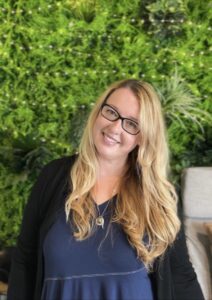Growing Community: The Vital Role Kaicycle has in Fostering Abundance
Kaicycle Urban Farm is re-imagining farming practices in Te Whanganui-A-Tara Wellington but their work goes far beyond nutrient-dense kai.

By Benji Allen – Wintec – Te Pūkenga journalism student
Everybody eats. We ‘break bread’, swap stories and fill our bellies and minds with nourishment.
Most of us can remember an occasion where food brought us together. Local initiatives, like Kaicycle Urban Farm, are striving to make these experiences richer for communities without costing the Earth.
Urban farms, co-operatives, community gardens and small-scale market farms are some solutions for people who want to feed the world in a sustainable way that also up-skills and involves community.
Compost Manager at Kaicycle, Kate Walmsley said “after nearly eight years our model has been reworked to make it an effective climate change resilient operation which provides living wage employment, workshops and volunteer programmes, courses for secondary students via Papa Taiao Earthcare, community composting and quality kai.”
“[Kaicycle] definitely sees urban agriculture as part of the solution to many interconnected problems the world faces, especially with 86% of the world living in urban centres” Welmsley Said.

Kaicycle Urban Farm, situated in the middle of Newtown, Te Whanganui-a-Tara Wellington, has been on a journey to feed local communities nutrient-rich kai since 2015.
Originally based in Aro Valley, Kaicycle was a grassroots collection of like minded people with a vision to re-localise food growing through the production of ‘good compost’.
WorkerBe Oasis Urban Farm (on Hospital Road), and Kaicycle Composting joined in 2016 to create Kaicycle Urban Farm.
They adopted a Community Supported Agriculture (CSA) model in 2020 which meant production became more food-box focused rather than supplying to commercial businesses. This was a welcome shift for subscribers and families who now receive their weekly veggie boxes on a Tuesday or Friday morning after harvest.
“Being a good employer is a big part of this journey and creating fulfilling local jobs in this industry only strengthens community resilience.” Walmsley said.
Post-industrial conventional farming practices have largely curbed world famines. Yet, these practices face harsh criticism for their contribution to poor soil health, unsustainability and ‘separateness’.
Alienation and misunderstanding between rural farmers and urban residents is now a persistent problem for food producers.
Aotearoa New Zealand has around 65% of its population living in urban centres as of 2022 according to the NZ Nutrition Foundation.
Who also outlined the “importance of connecting tamariki with kai” as “81% of the urban-based New Zealand teenagers surveyed know only a little or nothing about farming and food production.”
The Capital Kids Co-Operative Day Care neighbours Kaicycle, with many tamariki eagerly engaging with Kaicycle staff and locals.
He was brimming with joy after the success of his first tomatoes. His dad told me he had become obsessed with them”
Compost Manager, Kate Walmsley
Stories like this, where people engage with food growing themselves, show farming and urban communities can easily come back together.
CEO of Eco Guardians Melbourne, Helen Steel, says “these practices are part of a much bigger movement that many around the world are adopting”
“It starts in places like Kaicycle.”
Eco Guardians presents itself as the next generation of waste management solutions. They, like Kaicycle, use a model that creates resources from organic waste.

“We put organics back in the soil [not into landfill], whether it’s into community gardens or golf courses. We have the scalability to sustainably produce rich outputs within our own communities.” Steel said
The Waikato Independent asked Steel about her thoughts on where things might be heading for places like Kaicycle.
“I mean- we’re here today. You’ve got volunteers from overseas coming to look at Kaicycle’s programme. The innovations that are happening, the sharing, how we learn from each other and grow as a global collective.”
“We can get great outcomes for communities everywhere,” Steel said.




